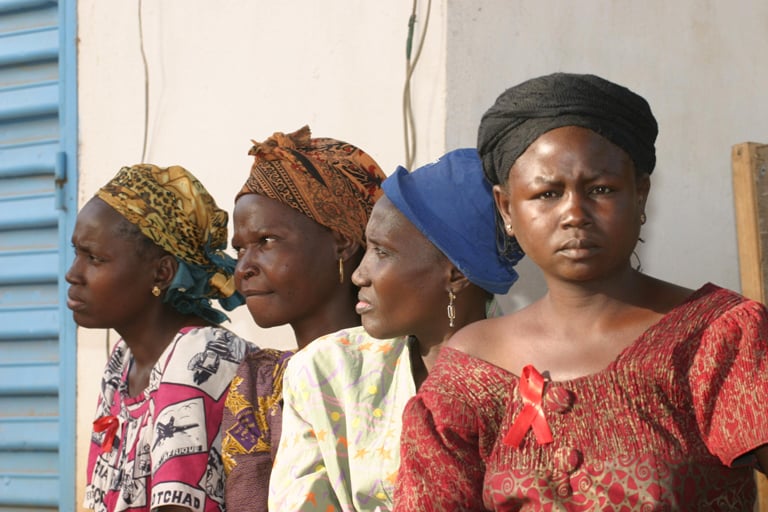Developed by health workers with the international medical charity Médecins Sans Frontières (MSF), the strategy centres on self-formed, community-based groups of ARV patients who work as a team to collect their drugs and monitor each other for treatment adherence and general health. The approach addresses the needs of over-burdened health workers and cash-strapped HIV patients and has had the added benefit of increasing community awareness around HIV and tuberculosis (TB).
“We wanted to create a culture of self-management, like any other chronic disease,” said Workneh Abebe, MSF’s project manager. “[Diabetes patients] monitor their health problems, check blood sugar; they know the limit and they take the necessary precautions.”
Since its 2008 inception in Tete city, capital of Mozambique’s northern province of the same name, the pilot project has not only reduced patient costs associated with treatment, but also the rate at which patients drop out of ARV programmes (loss to follow-up) from about 25 percent to less than 1 percent. Meanwhile, the median CD4 count of group members has remained a relatively high 486, according to MSF clinical officer and Tete native Sergio Dezembro.
Many hands make light work
Every month, the patient groups pool their money to send a rotating "delegate" member to collect ARVs for the rest of the group. At the clinic, which can sometimes be more than 50km away, the delegate collects the drugs, is examined by a nurse and submits the group’s paperwork, which includes signed receipts for previous refills, members’ remaining pill counts to track adherence, and notes on any opportunistic infections.
Only stable patients with a CD4 count of at least 350 who have been on treatment for at least six months are eligible for the programme. More vulnerable patients such as pregnant women, children and those co-infected with TB are excluded, although they can participate in groups socially.
Thanks to the decreased number of patients presenting monthly, health workers have more time to dedicate to one-on-one consultations. In flood-prone Tete, the strategy also helps to facilitate access to ARVs when the rising waters of the River Zambeze complicate access, Dezembro said.
Once a month, Dezembro visits rural communities around the province to meet focal points representing the ARV groups, of which there were 200 as of January 2010.
At a meeting of community-based groups in Moatize, 20km outside Tete city, Amada Antonio* was quick to take up the position of spokesperson for the group of mostly female members to which she belongs. Refilling her prescription means a 14-hour journey, said Antonio, adding that she now has more time to work and puts the money she saves through her participation in the group towards buying food for her family, three of whom are also living with HIV.
From patient to activist
Antonio said there was safety in numbers and that it had been easier to be open about her status since she joined the group.
“We meet at [the] focal point’s home to distribute medicines but also to talk a lot, not only about HIV,” she said. “We’re open to whoever that we take ARVs so it makes it hard to discriminate.”
Such openness also makes it easier for the groups' members to become a source of HIV and TB information for their communities. According to Dezembro, they have become an important referral mechanism for local clinics.
“They meet in the open and they act as guides for others; they help a lot with referring other people for treatment,” he said.
“I know what it looks like when someone has a low CD4 count,” Antonio told IRIN/PlusNews. “We can see when someone in the community is sick; sometimes they ask us for counselling and we can walk them to the nearest health point. We take the information we get and give it to the community.”
According to MSF medical coordinator Dr Jacob Maikere, pilot results from the programme have been well received by policymakers in the national health council and Mozambican Health Minister Ivo Garrido, and the strategy could soon be rolled out nationally.
*not her real name
llg/ks/cb
This article was produced by IRIN News while it was part of the United Nations Office for the Coordination of Humanitarian Affairs. Please send queries on copyright or liability to the UN. For more information: https://shop.un.org/rights-permissions
